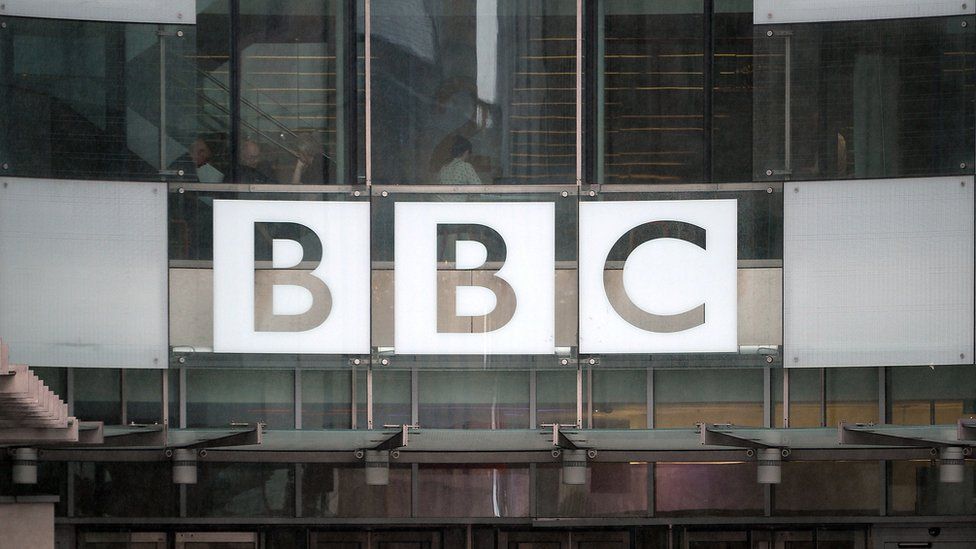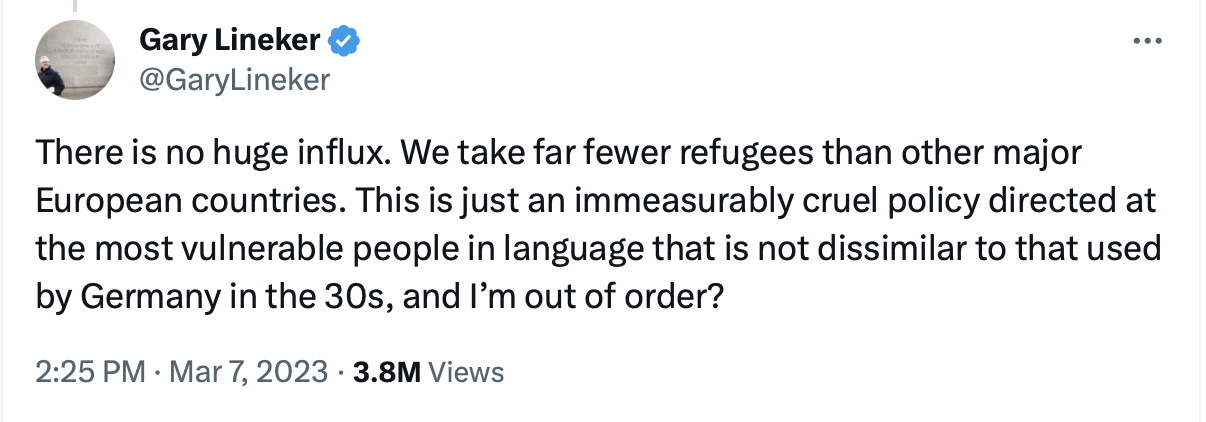New BBC impartiality rules: more of the same – or a fresh moderating touch?

Image: BBC
At the end of September, the BBC enacted a new set of rules for the impartiality of their flagship presenters, with particular emphasis on how stars act on social media.
Staff on big draws like Match of The Day, Antiques Roadshow and Strictly Come Dancing are now allowed to “express views on issues and policies” but must “stop short of political campaigning.”
What the BBC classifies as ‘political campaigning’ includes supporting/attacking a party during a set period where their show is on air, attacking individual politicians’ characters, or commenting on debates during elections.
The head of the review, John Hardie, expressed the importance of striking a balance between freedom of speech and editorial impartiality, telling the BBC the new rules allowed presenters to “take a side” but ensuring that they “state the facts of the issue”.
The changes come hot on the heels of social media controversy swirling around the BBC.
In March, Match of the Day presenter and former England striker Gary Lineker labelled the Conservative government’s asylum policy “similar to Germany in the 1930s.” He was subsequently suspended by the BBC. The company rescinded this after fellow Match of the Day presenters acted in solidarity and refused to work on that weeks’ episode.

Former Editorial Policy Controller Richard Ayre weighed in on the new rules, saying the BBC were simply “kicking the can down the road” and compromising with the biggest names on their staff, with little real-world change.
He said that views aired by presenters were usually criticised by other parts of the media, not actually the public watching.
Ayre labelled the “big right-wing press” as the group most involved in the outcry over Lineker’s statements. He suggested that these corporate interests would distort the new initiatives to argue “that the BBC [is] not impartial”, and therefore should not receive public funding.
Gary Lineker has stayed relatively quiet on the issue. He sought to moderate the debate, taking to X (formerly Twitter) to back the reforms as “very sensible.”
Whether or not there is any concrete change to follow from the new rules is a question of time, but for the moment it seems that very little of substance has changed at the BBC.
